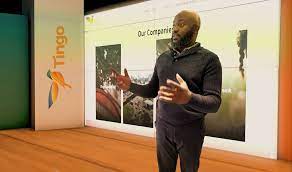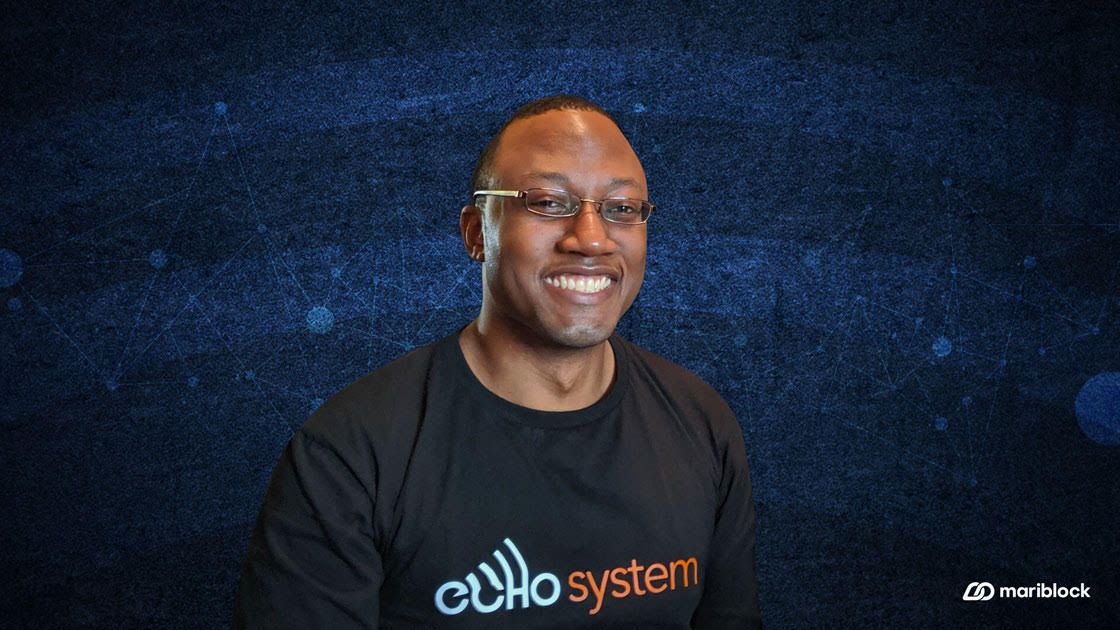Turbulence Continues: Nasdaq Keeps Tingo Group Further Suspended Amid New Query
In a development that adds a new layer of intrigue to the ongoing saga surrounding Tingo Group, the multinational fintech giant, Nasdaq has issued a request for information following the expiration of the Securities & Exchange Commission’s (SEC) temporary suspension of trading in the company’s securities.
Tingo Group, Inc. (NASDAQ: TIO), a global player in the realms of fintech, agri-fintech, food processing, and commodity trading, disclosed today that it received Nasdaq’s information request despite the SEC’s lifting of the trading suspension on November 28, 2023. Nasdaq, however, has chosen to keep the trading of Tingo’s securities halted pending a thorough review of the provided information.

The temporary suspension, initiated by the SEC on November 14, 2023, cast a shadow over Tingo Group, prompting Nasdaq to scrutinize the situation further. The company, resilient in its stance, asserts its commitment to a transparent resolution by promptly responding to Nasdaq’s inquiry within the next 3 to 4 business days. Tingo Group emphasizes its willingness to cooperate fully with Nasdaq, aiming to expedite the review process and resume trading at the earliest opportunity.
Read also : Egypt’s Fawry Partners with MoneyHash to Unleash Digital Payment Innovation
Tingo Group, listed as Nasdaq: TIO, operates globally with a significant presence in Africa, Southeast Asia, and the Middle East. The company’s diversified portfolio includes Tingo Mobile, a leading Agri-Fintech entity with a focus on innovative products, and TingoPay, a SuperApp in collaboration with Visa, offering an array of B2C and B2B services.
The recent expansion of Tingo Mobile into international markets and strategic trade partnerships seeks to elevate the company’s reach. These initiatives are contracted to boost the number of subscribed farmers from 9.3 million in 2022 to over 32 million, providing them access to various services through platforms like the Nwassa ‘seed-to-sale’ marketplace.
Apart from its core business verticals, Tingo Group also operates in food processing through Tingo Foods and engages in commodity trading through Tingo DMCC, based in the Dubai Multi Commodities Center. Additionally, the company holds an insurance brokerage platform business in China and Magpie Securities, a regulated finance services Fintech business operating in Hong Kong and Singapore.
This recent development comes against the backdrop of a series of controversies involving Tingo Group. Hindenburg Research, renowned for its short-selling strategies, targeted the company on June 6, 2023, levying allegations of financial wrongdoing and misconduct. Tingo Group, however, chose to confront these claims head-on.
On August 30, 2023, the company’s independent directors initiated a thorough investigation into Hindenburg’s allegations. Engaging independent counsel and a top-tier U.S. law firm, Tingo Group meticulously examined the claims and emerged unscathed, refuting each of Hindenburg’s allegations with a clean bill of health.
Read also : Nigerian Fintech FrontEdge Raises $10 Million to Enhance Cross-Border Trade Financing
As Tingo Group navigates these challenging waters, stakeholders await Nasdaq’s review and the subsequent resolution that could determine the company’s trajectory on the stock market. The fintech giant remains steadfast in its commitment to transparency and cooperation, signaling its determination to overcome the hurdles it faces in the current financial landscape.
Charles Rapulu Udoh

Charles Rapulu Udoh is a Lagos-based lawyer, who has several years of experience working in Africa’s burgeoning tech startup industry. He has closed multi-million dollar deals bordering on venture capital, private equity, intellectual property (trademark, patent or design, etc.), mergers and acquisitions, in countries such as in the Delaware, New York, UK, Singapore, British Virgin Islands, South Africa, Nigeria etc. He’s also a corporate governance and cross-border data privacy and tax expert.
As an award-winning writer and researcher, he is passionate about telling the African startup story, and is one of the continent’s pioneers in this regard


















